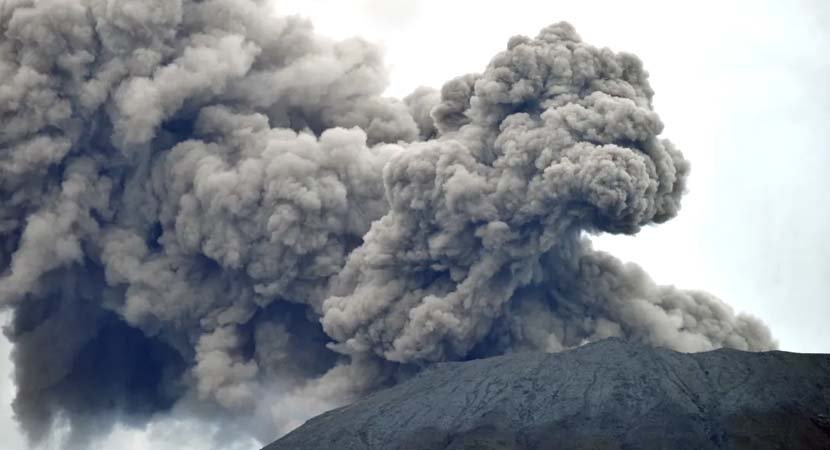Indonesia Ends Search Operation after Marapi Eruption Kills 23
Indonesia has called off its search and rescue operation following the eruption of Mount Marapi, which claimed the lives of 23 people and left several others injured. The tragic incident occurred on Tuesday when the volcano, located on the island of Sumatra, erupted, spewing hot ash and gas into the surrounding area.
Rescue teams, comprising of local authorities, volunteers, and the Indonesian National Search and Rescue Agency, had been working tirelessly since the eruption to locate and evacuate any survivors trapped in the affected areas. However, after days of extensive search efforts, officials have decided to end the operation, as the chances of finding any survivors have become increasingly slim.
The eruption of Mount Marapi, one of Indonesia’s most active volcanoes, caught residents and authorities off guard. The volcano had been showing increased activity in recent weeks, prompting authorities to raise the alert level and issue warnings to the nearby communities. However, despite evacuation efforts, some individuals decided to stay behind, leading to the tragic loss of life.
The victims of the eruption include locals, tourists, and rescue workers who were attempting to aid those affected by the initial eruption. The injuries sustained by survivors range from burns to respiratory problems caused by inhaling volcanic ash and gases. Local hospitals have been overwhelmed by the influx of patients, and medical teams are working tirelessly to provide the necessary care and treatment.
Indonesia is no stranger to volcanic activity, with the archipelago nation being located on the Pacific Ring of Fire, an area known for its high seismic and volcanic activity. Mount Marapi itself has a long history of eruptions, with the last significant one occurring in 2018. Despite the constant threat posed by these natural occurrences, the country’s authorities have implemented measures to mitigate the risks and ensure the safety of its citizens.
Following the eruption, the Indonesian government has declared a state of emergency in the affected areas, providing immediate financial assistance and resources to the affected communities. The focus has now shifted to providing support to the survivors and families of the victims, as well as assessing the damage caused by the eruption.
In addition to the immediate response, the government has also pledged to invest in early warning systems and infrastructure to better prepare for future volcanic events. This commitment reflects the recognition that being proactive and well-prepared is crucial in mitigating the impact of natural disasters and saving lives.
The tragic events surrounding the eruption of Mount Marapi serve as a reminder of the unpredictable nature of volcanic activity and the need for constant vigilance. It is a stark reminder that even with advancements in technology and the ability to predict eruptions, there will always be a level of uncertainty and risk.
As Indonesia mourns the loss of lives, the nation must also come together to support those affected and work towards building a more resilient and prepared society. The lessons learned from this tragedy will undoubtedly help shape future strategies for disaster management, making Indonesia better equipped to handle similar situations in the future.





